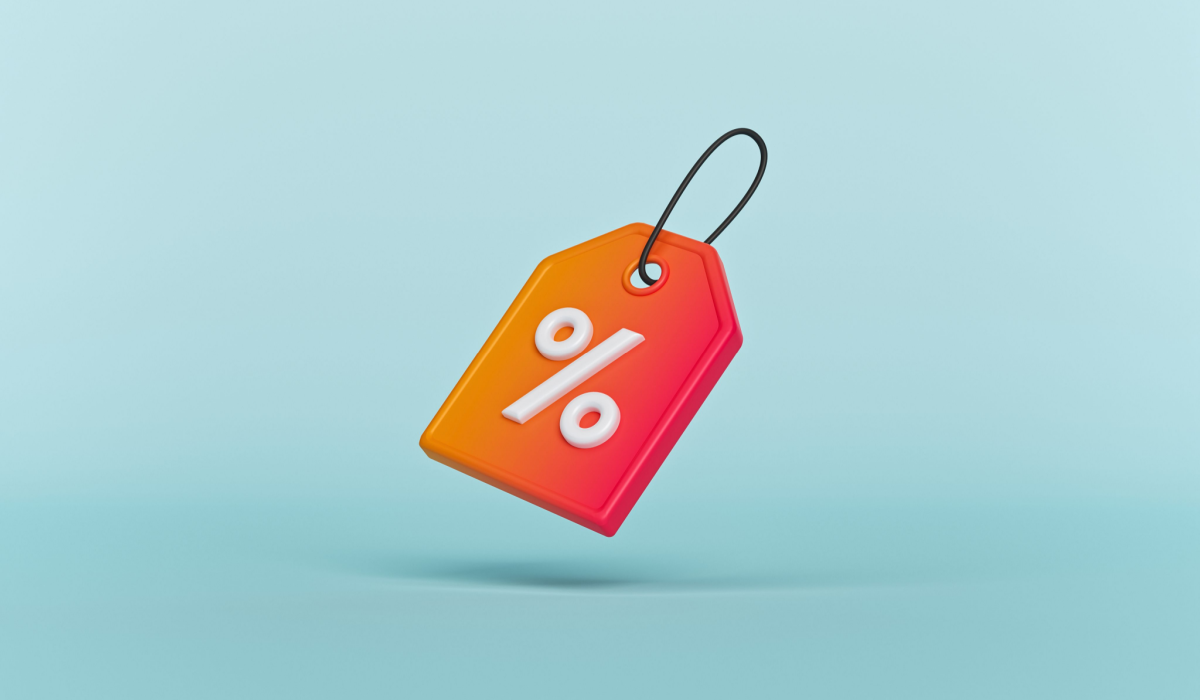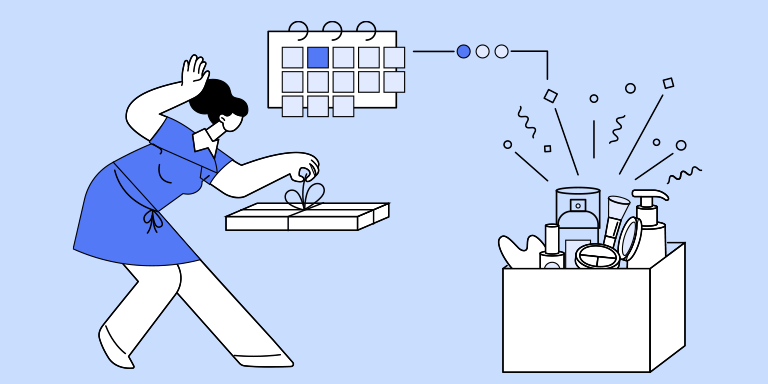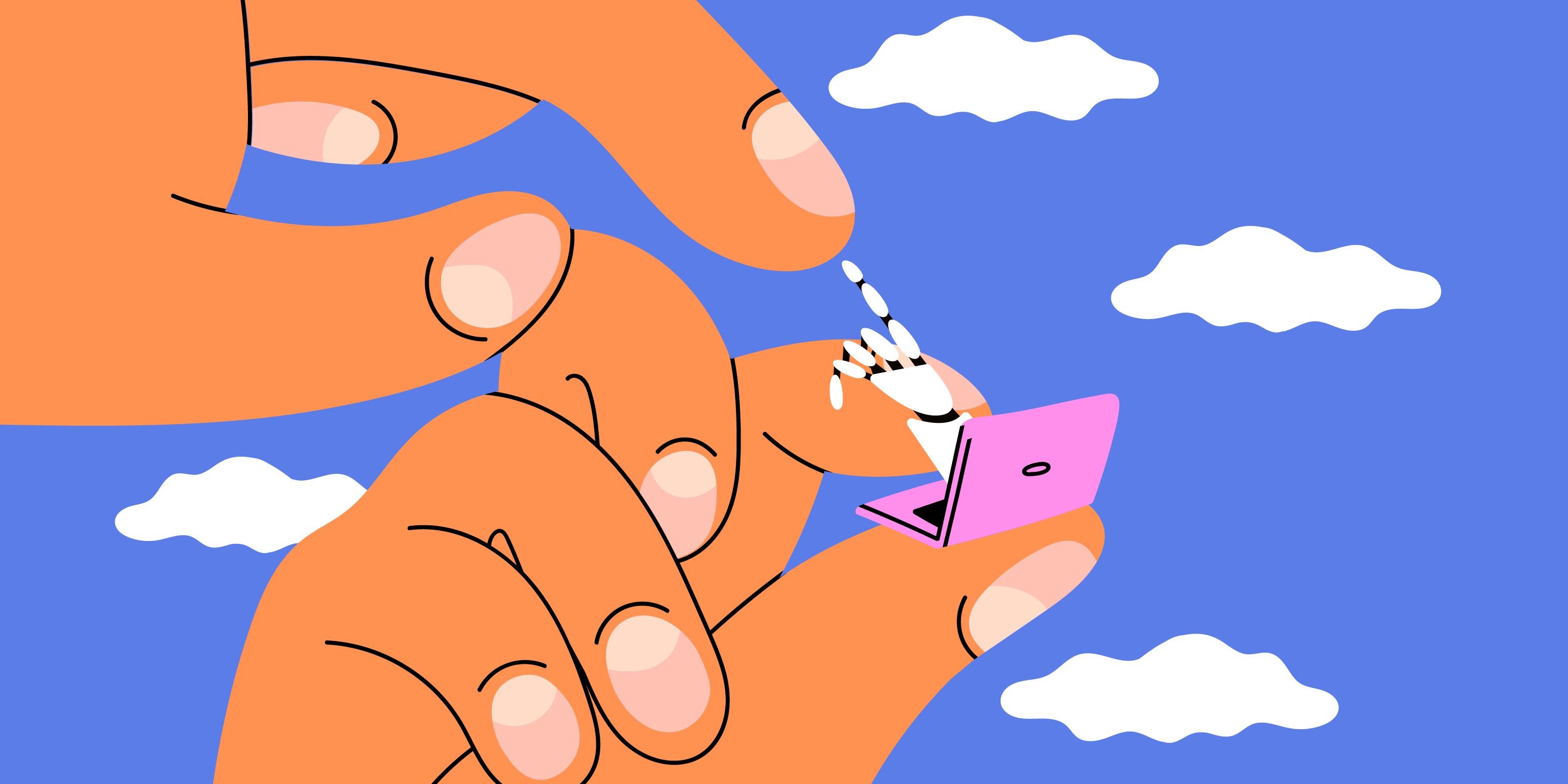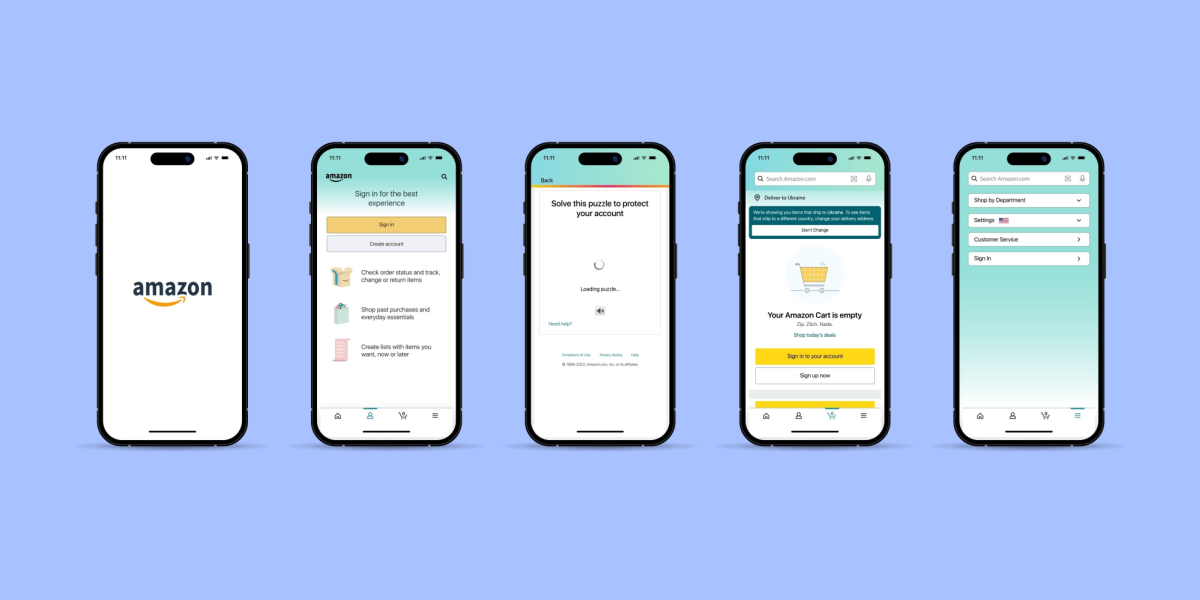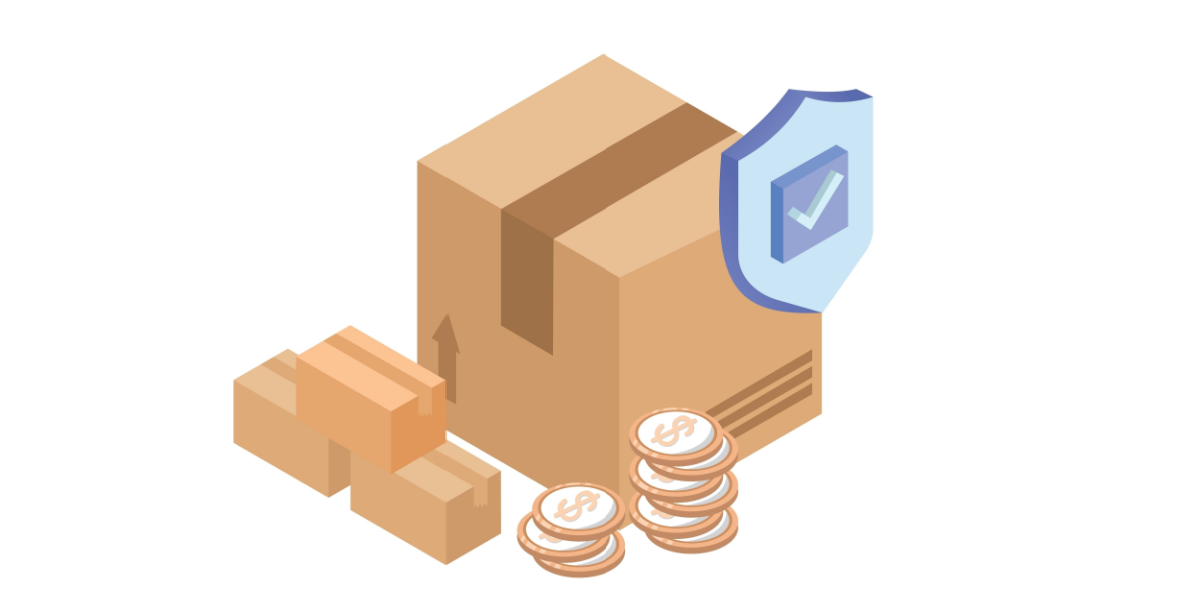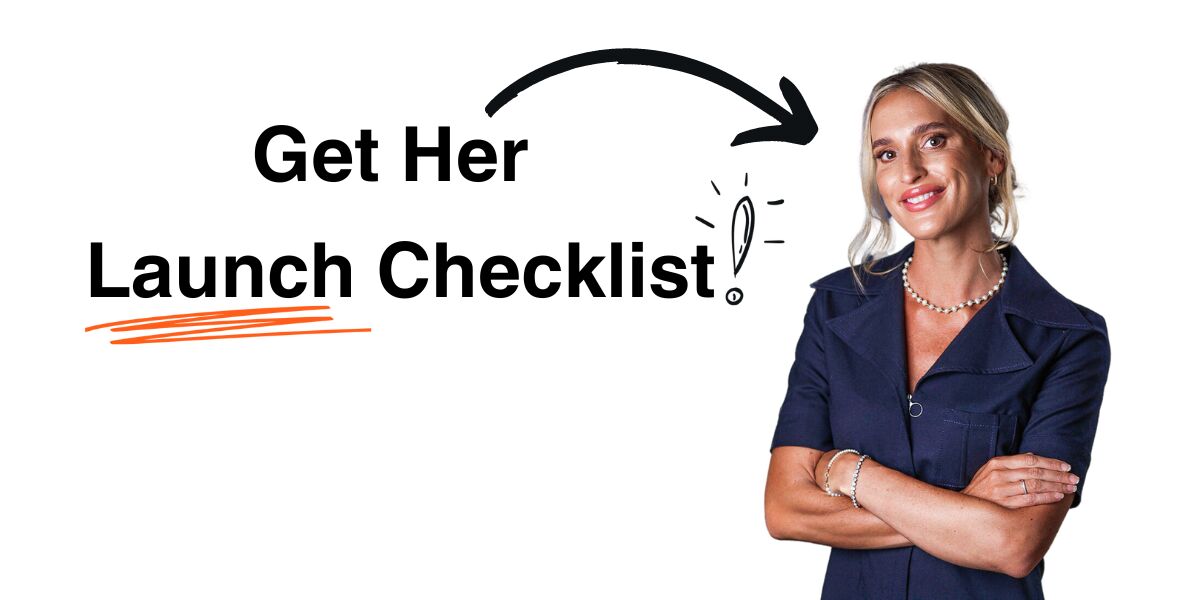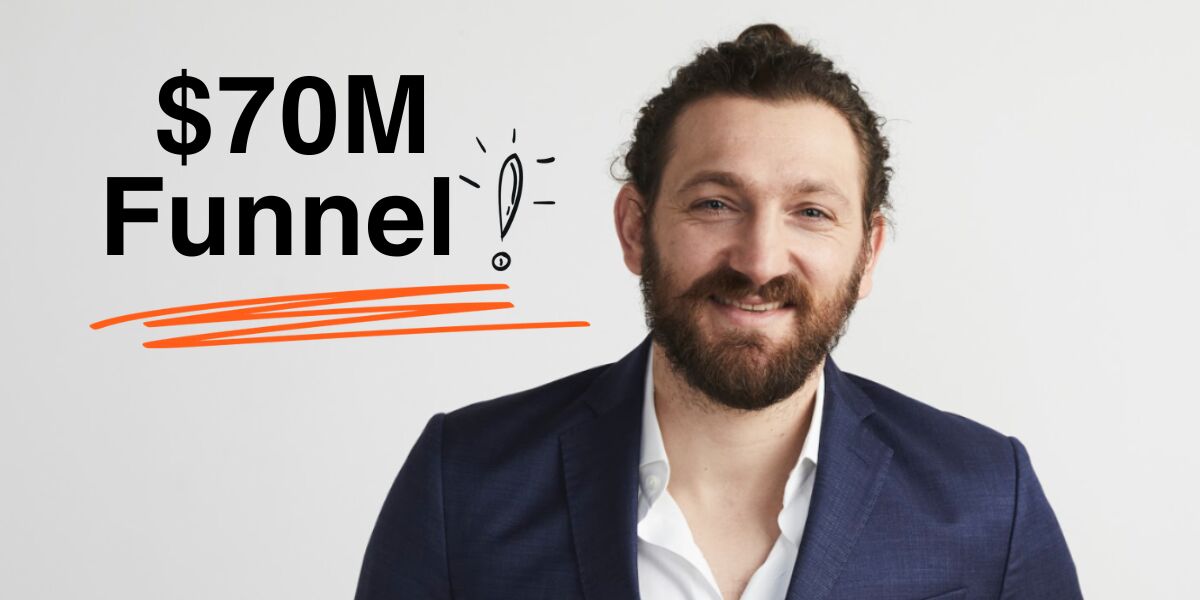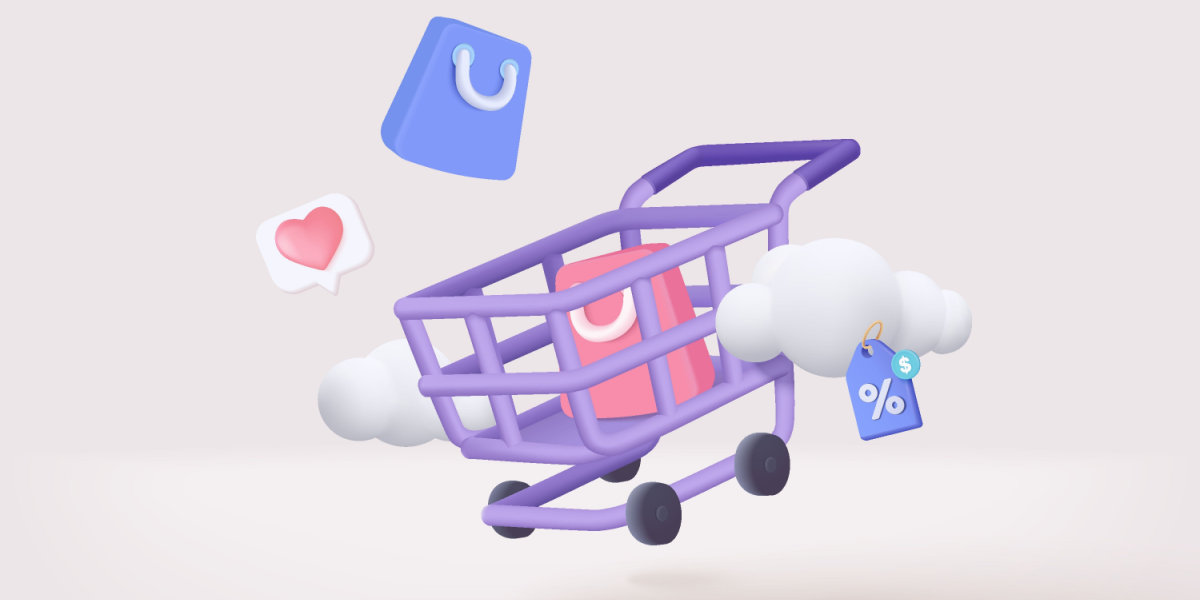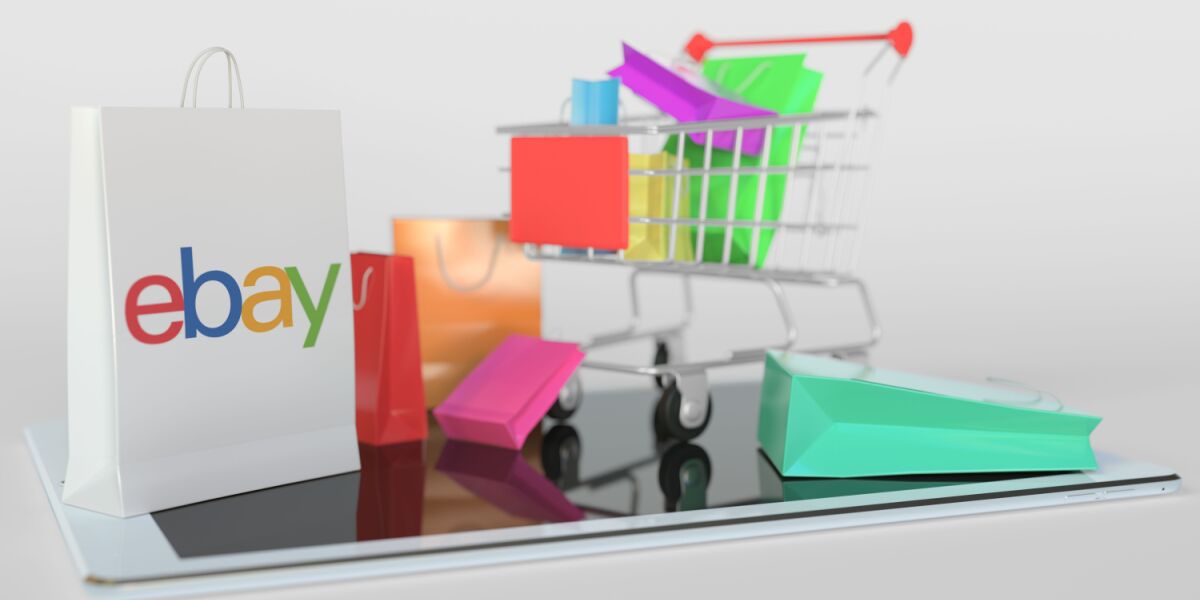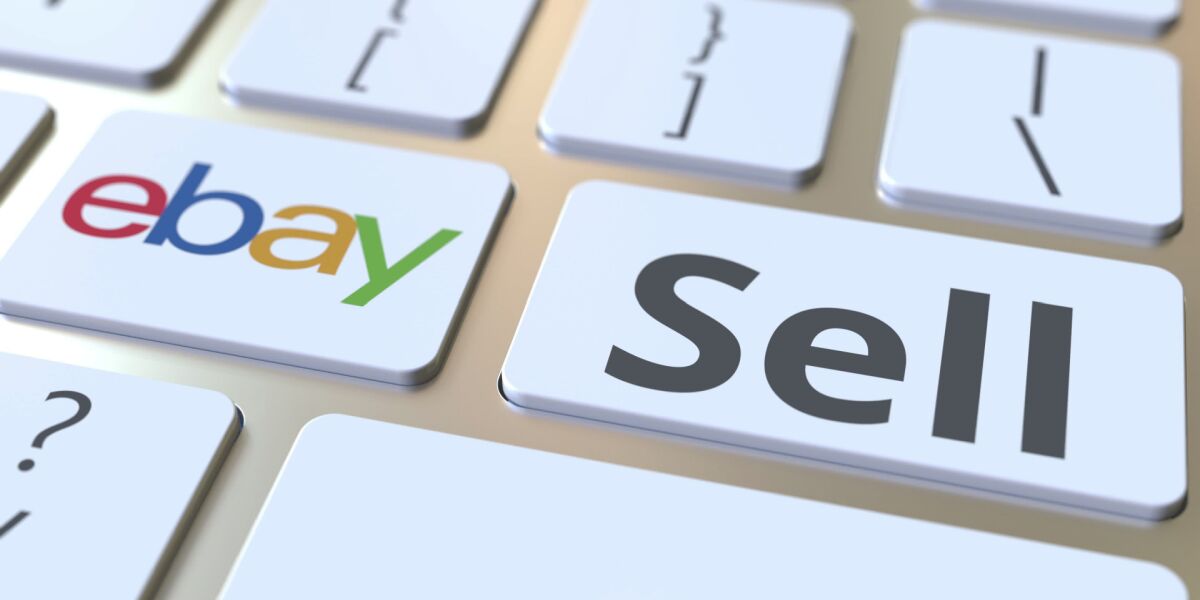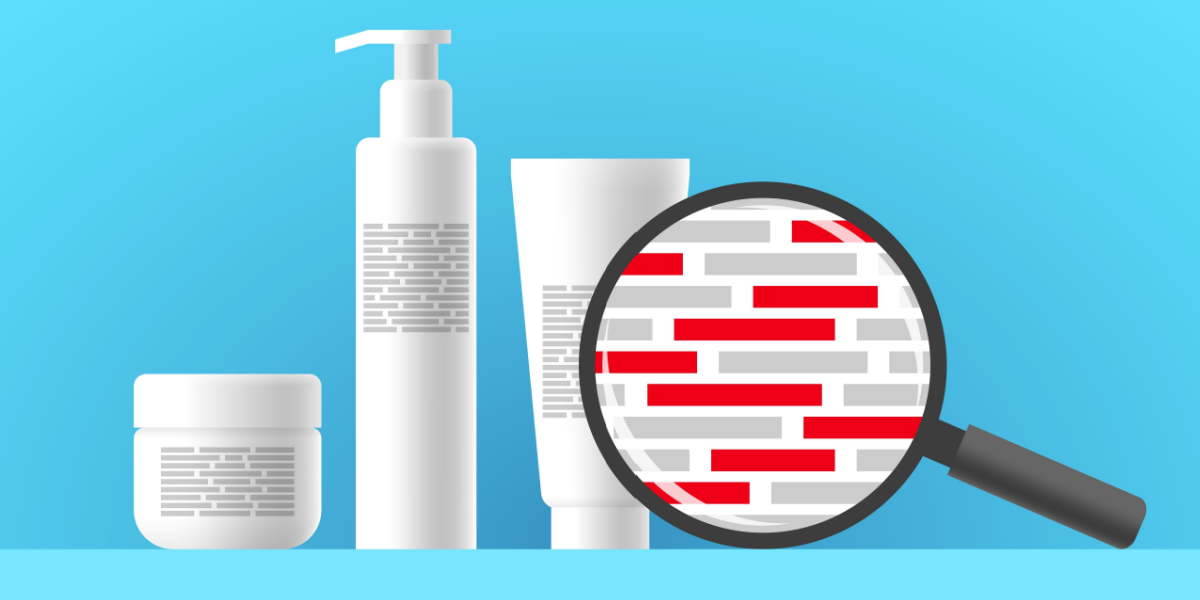In a recessionary environment, discerning consumers tighten their belts and reduce costs. This can lead to slower sales for business owners, who often react by reducing prices in hopes of stimulating revenue.
Yet price reduction can be a shortsighted strategy, as is explained in this HBR article.
“Across-the-board price cuts can permanently erode a company’s profitability and strategic position,” the article warns.
I share this belief and suggest business owners focus more on creating greater value, rather than lowering prices. In fact, when working with my own clients, I often challenge them by asking, “What needs to happen for you to be the most expensive competitor in your industry and still have people lining up to do business with you?”
You’ll always have price-sensitive customers, but you never want price to be your competitive advantage. To survive and thrive, your customers must want to do business with you because they see extreme value in what you bring to the table.
Below are 5 ways you can secure higher prices, even during a recession.
1. Appeal to the most discerning consumer.
The pandemic changed buying behavior, especially among B2B buyers. According to Forrester Research, the number of interactions required to make buying decisions increased from 17 in 2019 to 27 in 2021.
Buyers are now avid researchers. So it’s critical they see and have opportunities to engage with your brand during their researching phase.
Keep in mind, for many years now, Google Trends, a Google website that analyzes top search queries, has shown a consistent rise in searches for the term “best” over “cheap.” This has continued even during bear market conditions, suggesting consumers’ ongoing preference for buying the best product/service over the cheapest.
To benefit from this preference, winning companies appeal to the discerning consumer who asks questions such as:
- How do you compare to the alternatives?
- What results have people like me experienced after buying your product/service? (Note: This is where highlighting case studies can be extra helpful.)
- What do your buyer reviews say about your product/service?
- What makes you the best at what you do/offer?
2. Establish a risk-reversal guarantee.
According to Maslow’s hierarchy of needs, safety and security is the second most important physiological requirement. As such, people pay more when you can meet this need.
When consumers are worried about their financial security — which happens in a bear market — a basic 30-day guarantee isn’t enough. You need a risk-reversal guarantee that demonstrates complete confidence in your product/service. This requires you to take on more risk than the consumer.
For example, one of the Predictable Profits’ business coaching clients extended the company’s 15-day guarantee to a 365-day guarantee. Additionally, an extra $500 was offered if a buyer followed the company’s process and didn’t achieve the promised results.
This simple change in the guarantee allowed the business owner to increase prices by 25% (from $1,495 to $1,997). At the same time, his refunds dropped to less than 1% and sales increased by over 30%.
3. Offer a best-in-class experience.
One of the many reasons Apple maintains premium prices is their exceptional customer experience. From the moment you purchase an Apple product and through the entire journey, you’re treated to an experience that competitors can’t match. You can also get an instant response in multiple ways when you have a question or problem.
Offering quick, comprehensive, and friendly support puts people at ease. Buyers pay more for less frustration and better experiences.
4. Provide options for preferred financing.
Installments are an easy way to make what you offer more affordable. From a psychological perspective, parting with a large sum can feel more painful than spreading the amount out into manageable payments.
One of Predictable Profits’ agency clients sells a high-end service for $25,000. Rather than discounting, he offered to finance the $25,000 over 12 payments. Within 12 hours of announcing the new financing, the client received over $250,000 in new sales.
5. Target affluent markets.
Many companies are so focused on mass appeal that they overlook the opportunities provided by higher price points. To tap into affluent markets, you don’t need to create new products or services. You can simply position your offering at higher prices.
Of course, this usually requires you to also provide a superior (and often customized) experience. This is another area where Apple shines. They took the common computer or mobile phone and moved it out of its traditional price point by elevating the experience.
You can do this with just about any product or service. An easy way to get started is by simply tiering your offerings, so you have a premium-priced option for high-end buyers.
Charging premium prices can feel uncomfortable, especially during economic downturns. However, as you see, it can be relatively easy to do when you have proper positioning and put a priority on your market’s preferences. The first step is to resist the temptation to discount your prices.
Read more: How Tech Founders Can Prepare for a Recession
Product Pricing Frameworks
If you’re still struggling to decide how to price your products, don’t worry. Try our free ecommerce course and learn how to hone in on the right price for your product and target customer.
